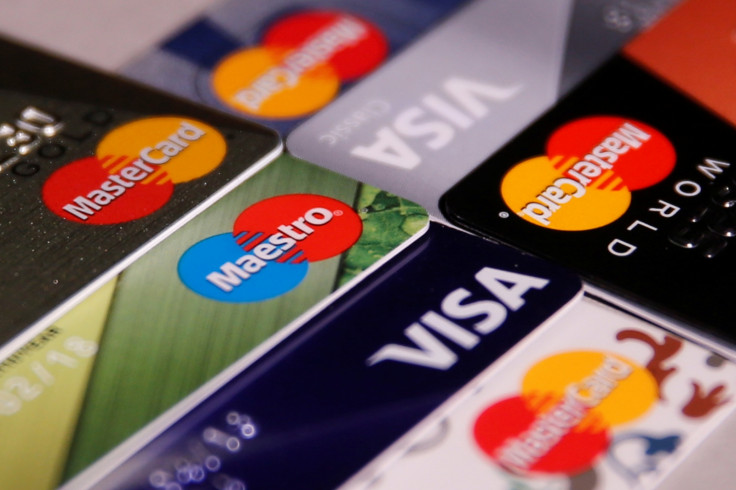End of 'rip-off' credit card charges as government announces crackdown
Credit and debit card surcharges amount to £473m a year says Treasury.

Surcharges for customers who pay for goods and services by credit card will be banned, said the government.
New rules will forbid companies from charging up to 20% more for purchases that span flights to takeaway food just for paying with a credit card.
The surcharges are commonly levied by businesses against customers who pay by card or use other services such as PayPal and Apple Pay.
The new rules also cover charges levied by local councils and government agencies such as the DVLA.
The Treasury estimates the total value these credit and debit card surcharges amount to £473m a year.
The changes, due to take effect from January, are being applied as the result of an earlier EU directive banning surcharges on Visa and Mastercard payments.
Economic secretary to the Treasury Stephen Barclay said: "Rip-off charges have no place in a modern Britain and that's why card charging in Britain is about to come to an end.
"This is about fairness and transparency, and so from next year there will be no more nasty surprises for people at the check-out just for using a card.
"These small charges can really add up and this change will mean shoppers across the country have that bit of extra cash to spend on the things that matter to them."
Consumer groups welcomed the move, though some feared firms will simply raise prices to cover the extra costs they bear with card payments.
Banks typically charge large retailers between 10p and 20p for each debit card transaction, or 0.6% for credit cards.
Which? money expert Gareth Shaw said: "These new rules will finally put an end to this unfair practice."
But Guy Anker, managing director of MoneySavingExpert.com added: "While it will make it easier for consumers to compare prices we expect some companies will raise prices for all to compensate for the loss, which could hit those who currently pay in cash or by debit card."
© Copyright IBTimes 2024. All rights reserved.






